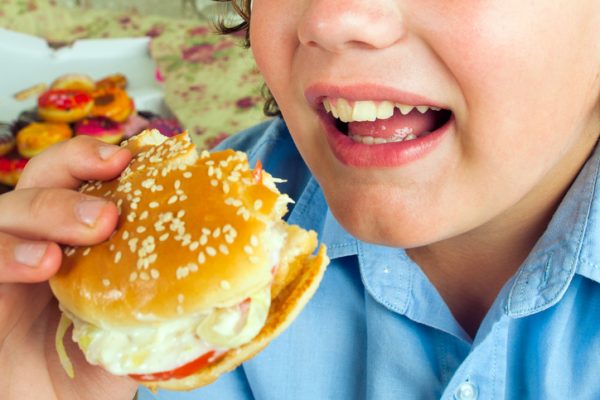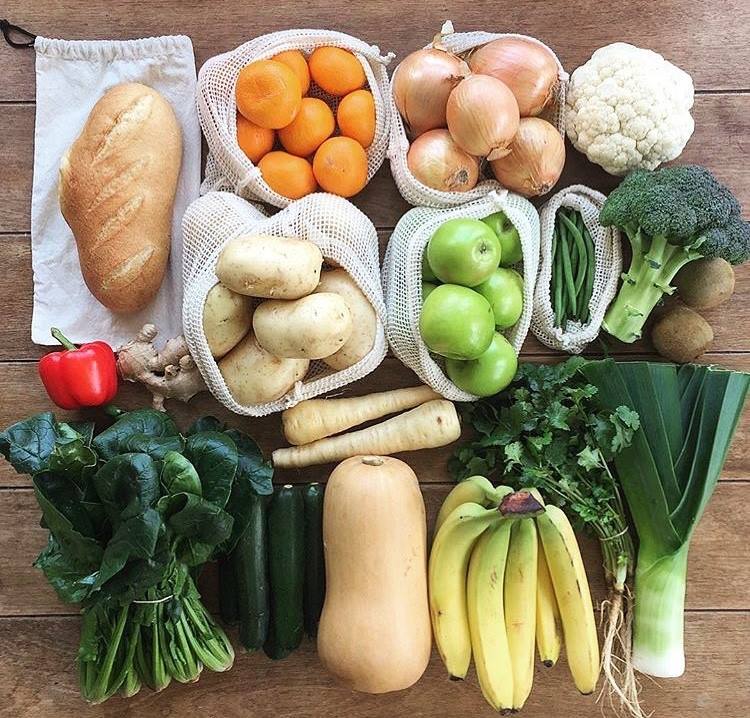
The junk food epidemic has created a health tsunami. Photo: File.
Year in Review: Region Media is revisiting some of the best Opinion articles of 2022. Here’s what got you talking, got you angry and got you thinking in 2022. Today, Ian Bushnell says it’s time to revisit the basics of good health.
When the pandemic is finally laid to rest it is hoped that the lessons health authorities and individuals take out of it extend beyond the “miracle” of vaccines and the war on microbes model.
Because, such has been the focus on the jabs as the front-line in the defence against COVID-19, that what should be the fundamentals of good health may be forgotten.
That includes basic hygiene such as washing hands, and the importance of a nutritious diet and exercise.
COVID-19 may have contributed to the deaths of thousands in Australia but how often did we hear that they were related to underlying conditions such as diabetes, obesity or heart conditions?
Diabetes contributed to about 16,700 deaths in 2018 (10.5 percent of all deaths) according to the Australian Institute of Health and Welfare, while in 2019, cardiovascular disease was the underlying cause of 42,300 deaths (25 percent of all deaths) and the second leading cause of death group behind cancers (29 percent of all deaths).
It is also estimated that two-thirds of Australian adults are now overweight (35.6 percent) or obese (31.3 percent).
This is exacting a heavy toll on the economy and the country’s health resources but the medical response is still overwhelmingly drug and surgery based.
Despite irrefutable evidence that the modern Western diet of processed food, high meat consumption, and sugary drinks – basically the convenient and cheap junk food that has inveigled its way into our lifestyle – is deadly, health advocates seem to be fighting a losing battle against the might of corporate power, and the politicians who dismiss legislative or tax remedies as “nanny stateism”.
It doesn’t help that the medical profession’s training includes minimal attention to diet and that research is compromised by food and agricultural industry influence and funding.
Like tobacco, there is a lot of money at stake but as many politicians are keen to say there is no free lunch.
We all pick up the tab for the medications, surgical interventions and ongoing care that can be the end result of lifestyle choices influenced by seductive advertising, devilishly addictive combinations of fat and sugar, convenience and and plain ignorance.

Drug-free: The recipe for good health. Photo: File.
Health authorities will insist that there is more focus on preventative and primary care to keep people out of hospital but how much of that includes educating people on the benefits of a healthy diet rich in fresh fruit and vegetables, whole grains, seeds and nuts and lean protein and low in sugar and fat, and the importance of exercise.
When it comes to the annual wave of flu, do we see ads saying eat well, stay hydrated, wash your hands and get a good night’s sleep? More likely it’s get a shot.
In any case, the regular PR campaigns are dwarfed by food and confectionery industries’ advertising investment. Suggest that people eat a few more veges and you’re labelled a food Nazi. Just like the self-reinforcing ad for a popular take-away chicken product, they don’t care.
When COVID was sweeping through the world, we rightly limited freedoms to contain the virus, promoted mass vaccination and even mandated it in certain settings.
Yet, when the lifestyle pandemics take thousands every year we laud the community contributions of the very companies that contribute to them or shrug our shoulders, saying its up to individual choice.
We strip school curriculum of subjects such as home economics that might actually teach people to eat properly.
We build homes with tiny kitchens or none at all, arguing that people eat out more these days, or with hardly any space for children to run or climb.
We expect that when the body breaks down the doctor will have a pill to keep us going, the surgeon can insert a stent or transplant an organ without actually addressing the cause or contemplating that diet could be the cure, despite a catalogue of documented side-effects and complications.
Yes, we should be grateful for the response of Big Pharma and and our public institutions to the COVID pandemic, but let’s not lose sight of what really is the basis of good health and the human organism’s resilience in a world teeming with viruses and bacteria.
Personal choice is important but let it be informed choice – not based on jingles, magical white coats and the delusion of convenience.
Original Article published by Ian Bushnell on Riotact.








